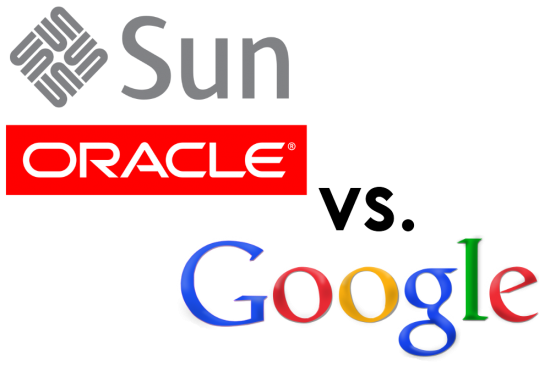Why Tech Patent Lawsuits Are Flying
The 'Bleeding Edge' blog.
Apr. 29, 2012

This week, after two years of secret negotiations and wrangling, the mega companies of Google and Oracle went to court to decide whether it is possible to patent a computer language. If the thought of this confuses you, be grateful you are not the judge or the new members of the jury.
It’s the tech equivalent of me patenting the English language, and then suing this blog for $6.1 billion dollars for using or printing this column in my patented language. [Memo to my editor: my attorneys will be in touch in the morning!] [Memo in return… “Funny joke, Dave. Our lawyers are on speed-dial.“]
All of this might be just a curious phase in the life cycle of the tech industry, except that it really does affect accountants and how they practice. Or at least how they will practice in the years to come. Because the patent lawsuits flying left and right across your smartphone screen are an indication of another period of rapid change. Better strap your seat belts, because change is coming.
There are three parties responsible for the spate of patent acquisitions and lawsuits of late.
The first of these is the marketplace. With the economy continuing to languish, mega-companies are holding off with expansions and hiring until they see what the election brings. This means that they are hoarding cash. Only they can’t really hoard the cash, because the US now has some of the highest corporate tax rates on earth. So they are instead investing the cash in properties that have some future value. Particularly, in patents that can generate future income through enforcement of the patent provisions in court.
The second is the US Patent Office, which is massively confused about patents in general and tech patents in particular. The USPO was supposed to have computerized all of its patents and its new patent process by now, but the system isn’t yet in place. This means that patents are still being filed on paper by hand, and a finite group of patent attorneys are left to the hopeless task of weeding through existing patents to see if a new application is unique.
Making things worse, they elected early on to allow technology concepts to be patented. Confused by the onslaught of technologies they could not hope to understand, these poor civil servants have allowed patents on such things as DNA strands, physics theories and e-commerce concepts. And once you have patented the idea of a technology, you can collect money from anyone who uses the patent for any situation.
The final party involved in the patent madness is your own cellular phone. Particularly your smartphone. In today’s market of incomprehensibly rapid change, the slightest little feature can become amazingly important and give the company that owns it billions of dollars in market advantages.
Think in terms of touch screens. App stores. Navigation by swiping a finger down the screen. A mini-browser. Or think in terms of using the Java scripting language to operate the Android cell phone operating system. Which is what Oracle and Google are squabbling over.
So what does all of this mean? In terms of the patents and the lawsuits, very little unless you happen to do the audits for the company that holds the patents, or the ones being suit for patent infringement.
But it is a harbinger of the rapid changes that are coming in the tech world. Cash to spend, and to spend on patents, also means that money is being pumped into research and development to take advantage of those patents. And that more money is being pumped into bringing new products to the market place.
If this trend continues into next year, who knows that will be next?
